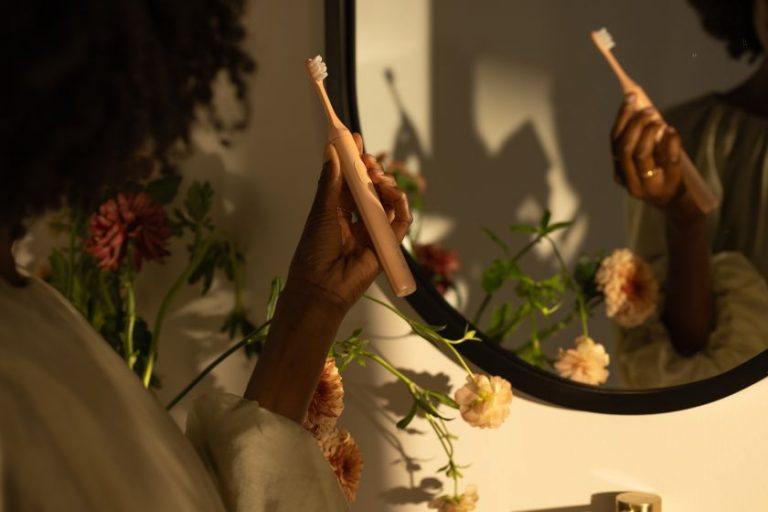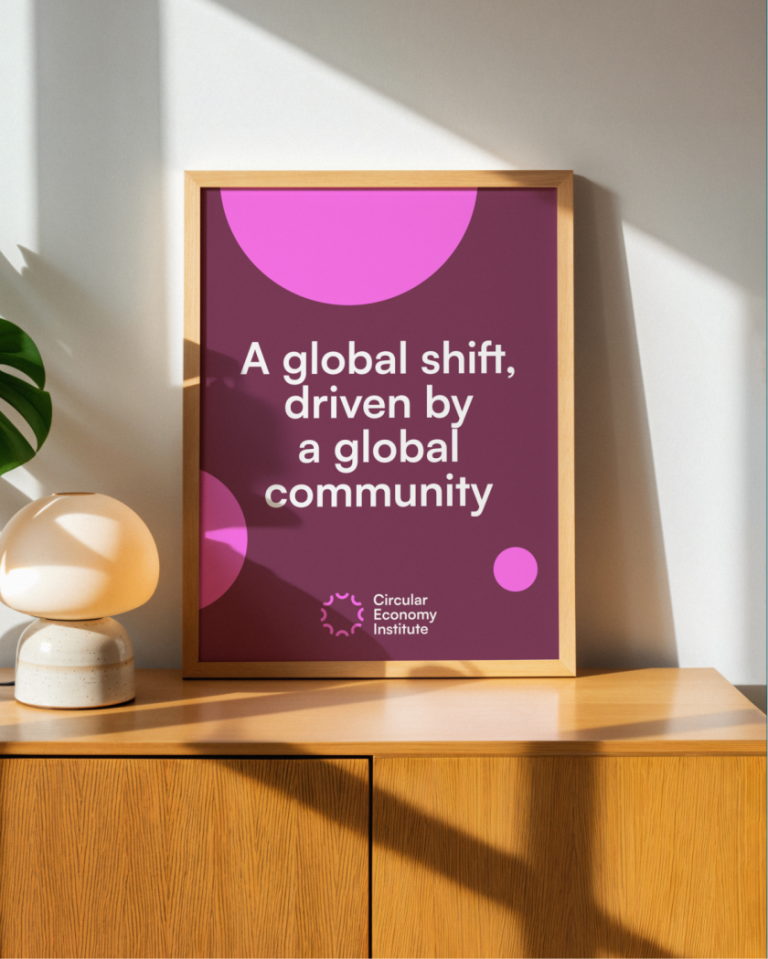The LA-based creative studio did something pretty original with MTV’s iconic Moon Person at this year’s Video Music Awards.
The first time I witnessed an anamorphic display that truly worked was just over a year ago. Late at night, I was at a crossroads in Shinjuku, Tokyo, watching what appeared to be a giant cat leap straight out of a digital billboard, and seriously wondered if someone had slipped something into my Asahi. The effect was so convincing that several people instinctively stepped backwards.
That moment crystallised in my mind something profound about visual storytelling in the 2020s. The power lies not in the technology itself, but in how we use it to create genuine human connection. In that light, I was blown away by LA-based creative agency Possible‘s recent triumph: transforming the MTV Video Music Awards’ iconic Moon Person from a static trophy into a living, breathing cultural icon.
Breaking the fourth wall
What makes this achievement particularly remarkable is the technical challenge involved. Unlike the curved LED canvases that have become synonymous with spectacular anamorphic displays—think Times Square’s dramatic installations of recent years—the VMA stage relied entirely on flat screens. This constraint forced Possible’s team into uncharted creative territory: a true example of necessity being the mother of invention.
This wasn’t achieved solely through expensive technology. It required six weeks of intensive experimentation, working closely with production designer Matt Steinbrenner and the team at Visual Noise Creative. The collaborative process involved constant iteration, testing perspective tricks and illusions until each animation felt genuinely three-dimensional.
The result was 11 distinct animations that showcase the Moon Person’s personality across a spectrum of moods and scenarios. One moment, they were transforming into chrome as a direct nod to the physical VMA trophy; the next, they were clinging dramatically to the screen’s edge or striking heroic poses.
But if there’s one thing I’ve learned over the years, it’s that true impact comes not just from special effects, but from understanding character. Possible’s approach to the Moon Person demonstrates this perfectly. Rather than treating it as a corporate logo to be displayed, they’ve created a protagonist that feels like they have a genuine personality.
The interdimensional portal concept provides the narrative framework, but it was the smaller details that created emotional resonance. When beams of light swept from the Moon Person’s helmet across the audience, or when they appeared to step directly into the arena space, something magical happened.
Beyond static
It’s challenging for anyone working in this space to admit it, but these days, static is no longer enough. Young audiences, in particular, have become increasingly sophisticated. They’ve grown up with Instagram filters, TikTok effects, and immersive gaming experiences. Static displays, regardless of their size or cost, struggle to capture attention.
Possible’s approach acknowledges this reality, but importantly, without sacrificing artistic integrity. The Moon Person’s transformations at the VMAs felt organic, not gimmicky. When this character emerged from portals or shifted between ethereal and playful modes, it served the overall narrative, rather than merely showcasing technical capability.
This approach reflects the studio’s broader philosophy. Over the past 15 years, they’ve built their reputation by working with artists like Childish Gambino, Ariana Grande, and Lady Gaga—musicians who understand that visual impact must serve storytelling. The same principles that make a concert memorable apply to award show design.
Cultural legacy
All that would be impressive enough, but that’s not all. The timeline alone—six weeks from concept to execution—represents an enormous creative sprint. Remember, every animation had to be conceived, designed, tested, and refined during that period, all while coordinating with multiple stakeholders.
What was perhaps most impressive, though, was how Possible, in partnership with executive producers Jesse Ignjatovic and Barb Bialkowski, managed to honour the Moon Person’s cultural legacy while pushing it into new territory. The icon has been central to the VMAs since 1984: a year most of the people in attendance weren’t even born. Turning it into an active participant in the show, rather than a passive symbol, required a careful balance.
Overall, it’s no exaggeration to say this project set a new standard for live event design. It’s a great example of how creative studios can breathe new life into long-standing cultural icons, ensuring they remain relevant for new generations while respecting their enduring legacy.










